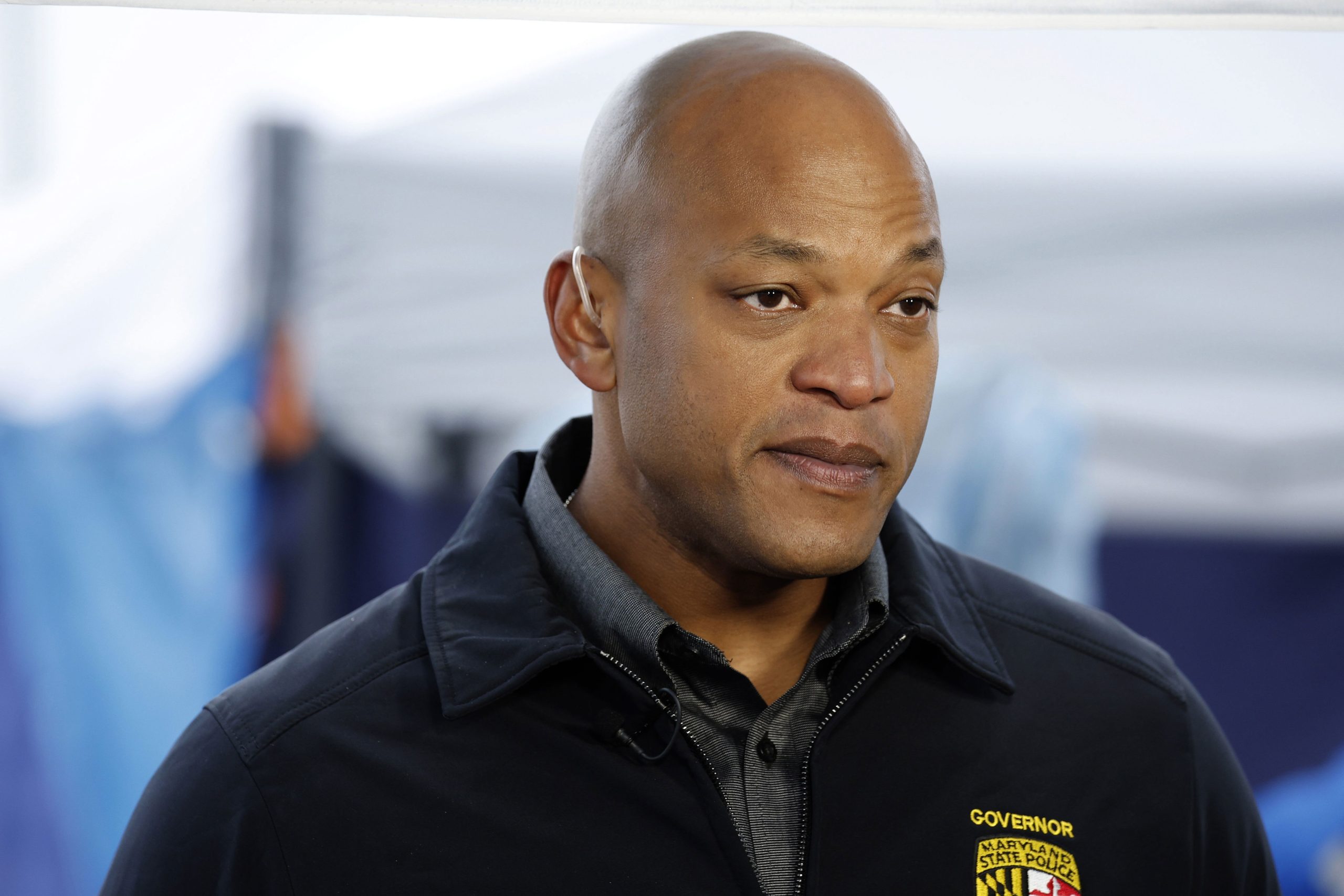Last week, the collapse of the Francis Scott Key Bridge in Baltimore, Maryland, took a tragic turn, claiming the lives of six individuals following a collision with a cargo ship. In the aftermath, Maryland Governor Wes Moore faced accusations from some political corners linking the incident to the state’s policies on diversity, equity, and inclusion (DEI).
Critics, particularly from the right, have pointed fingers at DEI initiatives, suggesting that such policies contributed to the disaster. Among them was Republican Utah State Rep. Phil Lyman, who expressed on social media that prioritizing diversity over the security of citizens could lead to such unfortunate events.
Governor Wes Moore (Credits: Colorado Springs Gazette)
However, in a conversation with CNN’s Dana Bash on “State of the Union,” Governor Moore chose to sidestep these allegations, referring to them as baseless distractions.
Moore emphasized his commitment to dealing with the crisis at hand, focusing on supporting the affected families and ensuring the safety of first responders engaged in the aftermath.
He expressed a clear intention to reopen the vital economic channel and rebuild the bridge, thus restoring a semblance of normalcy for the residents and businesses impacted by the collapse.
Baltimore Mayor Brandon Scott also addressed the accusations, suggesting that those attempting to connect the bridge collapse to DEI policies were indirectly engaging in racist discourse. He criticized the subtlety of their approach, hinting at the underlying racial biases without explicitly stating them.
Maryland Gov. Moore (Credits: New York Post)
Governor Moore reiterated his focus on the immediate needs arising from the tragedy, such as the well-being of the families and first responders, reopening the waterways for economic activities, and reconstructing the Key Bridge.
His stance remained firm on ignoring what he termed as distractions, underscoring a commitment to recovery and rebuilding efforts rather than engaging in political debates over the cause of the collapse.
The governor’s and mayor’s responses highlight a dedication to moving forward and addressing the tangible needs of their communities in the wake of the disaster.
